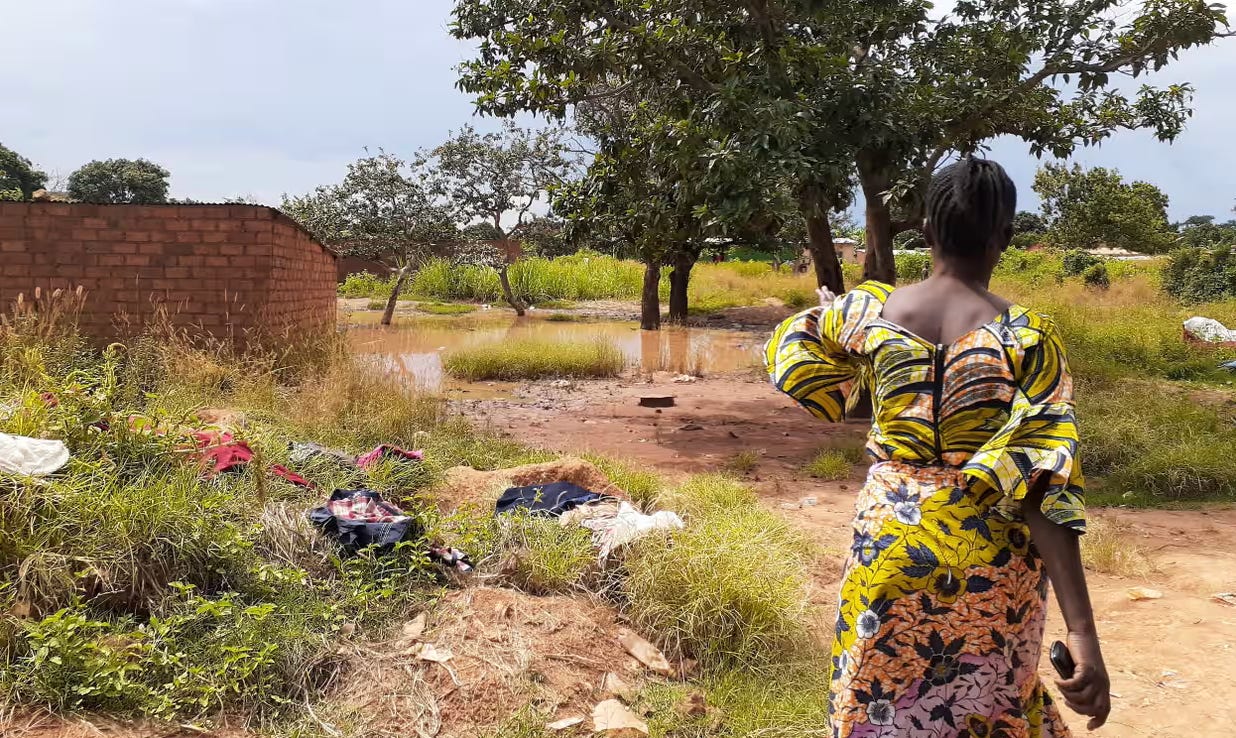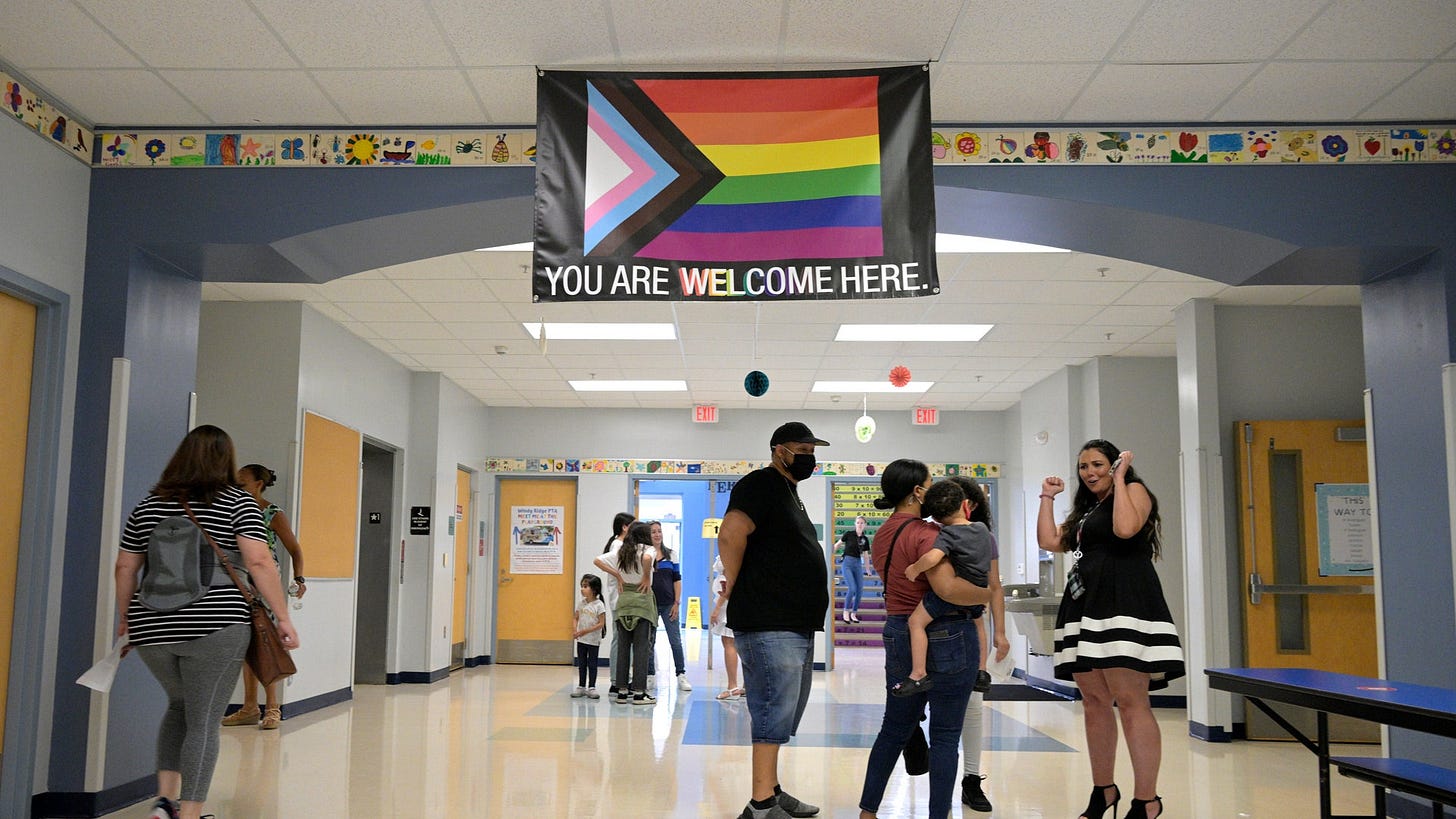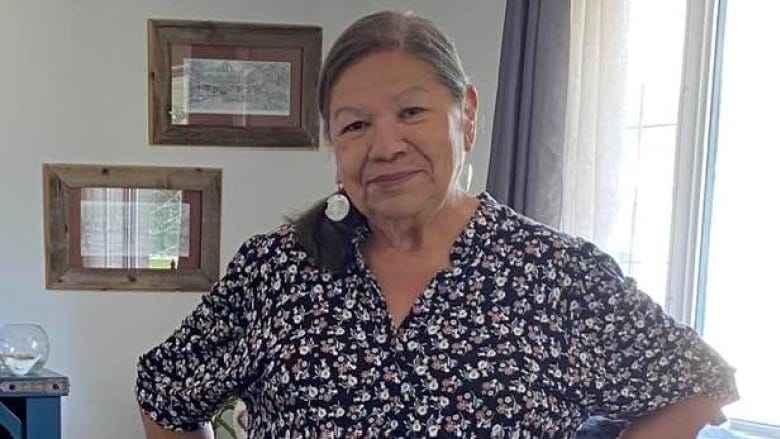Global Roundup: The Gambia FGM Ban Repeal, DRC Women Harmed by Cobalt-Mining, Washington LGBTQ+-Inclusive Curricula, Bangladesh Trans Community Online Safety, Indigenous Grandma Tik-Tok Influencer
Curated by FG Contributor Samiha Hossain
Women picketed outside the Gambian parliament in Serrekunda while legislators voted to reverse a ban on female genital mutilation [File: Hadim Thomas-Safe Hands for Girls via AP]
Fatou (not her real name) was barely a year old when she was subjected to female genital cutting or mutilation (FGM/C) that rights groups condemn as a form of abuse. Today the 29-year-old from Bundung, a town on the outskirts of The Gambian capital Banjul, says she will shield her baby daughter from the same fate that scarred her, even as parliament takes steps toward lifting a ban on FGM. Fatou described the difficulties she had consummating her marriage and giving birth as a result of being cut.
Sarata (not her real name) is a 35-year-old mother of two daughters – a three-year-old and a 15-month-old. Because of her cutting, childbirth was also a harrowing experience. Watching the pain she went through made her husband a vocal voice against FGM. But while Sarata was pregnant with their second child in 2022, her husband died in a road accident, leaving her to raise their daughters and fight for their future by herself.
What do they want? Men, supporters of this barbaric practice, what do they seek to gain? I lost my husband, but not his resolve against FGM. We swore to protect our girls, but if the ban is lifted … Over my dead body will I let them suffer as I did. -Sarata
In 2015, the Gambian parliament took the historic step to pass the Women’s (Amendment) Act of 2015, which criminalised FGM. But on March 18, politicians voted 42 to 4 to advance a controversial new bill which would repeal the landmark FGM ban if it passes following further consultation and expert opinion from specialised government ministries. Almameh Gibba, the legislator who introduced the bill, argued that the ban violated citizens’ rights to practise their culture and religion. However, rights organisations say the proposed legislation reverses years of progress and risks damaging the country’s human rights record.
Repealing the law exposes all these girls to a real threat of being deceived, taken to cutters, mutilated, and then left to deal with the consequences on their physical and mental health. Ensuring that the law banning FGM remains will send a strong signal that the Gambian government is committed to its duty to protect all citizens and will not put the interests of a few over the safety of a majority. -Jama Jack, representative of Think Young Women (TYW)
Despite the ban, FGM still affects 73 percent of women aged 15-49 in the country, underlining the continuing challenges. The practice continues in secrecy and police do not take reports seriously. After the consultation process, the legislation will be amended and put to another vote – a process that could last weeks or months. Meanwhile, the future hangs in the balance for Gambian women and girls.
I dream of a world where my daughter can grow up without fear. -Fatou
Photograph: Raid
According to the report, “a paediatrician, who has been recording patients’ data since 2016, explained that the rates of genital infections and skin pathologies among female patients had exploded. She believed this was because these populations are the primary users of ‘unclean water’, making them particularly vulnerable to diseases.” In total, 144 people living in 25 communities near five industrial cobalt mines were interviewed as part of the study.
One of the most striking findings that we discovered was the differentiated impact on women. We knew there had been research linking cobalt mining to reproductive health issues. But we did not know the scope of it until we began these interviews. -Anaïs Tobalagba, legal and policy researcher at Raid and the report’s lead researcher
Cobalt is used to make batteries for a number of household items, including electric vehicles. Transition to green energy has driven increased production in cobalt mines over the past decade.
Women are more likely to come into daily contact with contaminated water than men, said Anneke Van Woudenberg, the executive director of Raid. It is because women bathe in the water, wash their clothes in it, and use it for household cleaning. Medical experts say that when the pH level of water is lower, gynaecological issues are more likely.
Van Woudenberg said Raid had shared its findings with the mining companies located across the copper belt. In response, the companies outlined their commitment to comply with environmental laws and independent auditing, and pointed to the number of cleaner water pumps that they provide to local people. However, according to the report, none of the mining companies had provided the minimal number of water points required by DRC regulations –nor did they meet the World Health Organization’s guideline of 20 litres per person per day.
Photo by M. Ebenhack/AP
Washington state has passed a law that will push public schools to adopt LGBTQ+-inclusive curricula, making it the seventh US state to mandate the inclusion of LGBTQ+ topics in school materials. Governor Jay Isnlee signed Senate Bill 5462 into law on March 18. Under the law, Washington school districts will be required to adopt curricula that include the “histories, contributions, and perspectives” of marginalized groups, including people of color, disabled people, and LGBTQ+ people.
While Washington state learning standards already required the perspectives of some marginalized groups, such as Indigenous people and enslaved people, they did not explicitly require teaching LGBTQ+ history. Schools will be required to implement inclusive curricula by October 1, 2025.
The contributions of gay Washingtonians deserve recognition, and just as importantly, students deserve to see themselves in their schoolwork. That leads to better attendance, better academic achievement and better overall quality of life, ensuring success for all our students. -Senator Marko Liias
According to GLSEN’s 2021 National School Climate Survey, queer and trans students reported feeling safer and experiencing less harassment in schools where LGBTQ+-inclusive curricula were taught. Washington is the seventh state to pass a law that requires LGBTQ+ inclusion in curricular standards, according to the Movement Advancement Project. However, seven states have also passed so-called “Don’t Say Gay'' laws that censor discussion of LGBTQ+ topics in the classroom, though Iowa’s law has been temporarily blocked. Five states have passed laws that require schools to notify parents about any LGBTQ+ curricula in advance, and gives them the option to opt their children out.
A girl uses her mobile phone as her father watches in Cox's Bazar, Bangladesh, August 24, 2018. REUTERS/Mohammad Ponir Hossain
In the early days of blogs and platforms such as Facebook, trans Bangladeshis embraced the online space to connect with each other, said Shaikh Md. Mominul Islam, a non-binary activist. But an increase more recently in anti-trans social media posts has alarmed trans rights advocates in the country.
The digital space, which had earlier helped the gender diverse people find their voice, has now turned into a precarious place to be. - Shaikh Md. Mominul Islam
In a country where same-sex sexual activity is illegal, trans people and hijras – members of a traditional third-gender community – remain marginalised in Bangladesh despite being recognised by the state as a third gender in 2013. Many are pushed to beg or engage in sex work due to a lack of education and job opportunities.
A government decision last year to roll out new school textbooks featuring a segment on trans people was hailed by LGBTQ+ campaigners as another sign of growing acceptance. But the measure caused a furore on social media, including a video that went viral of a part-time university teacher ripping pages out of the book in protest. The government responded by setting up a committee to review the books, fuelling fears among rights campaigners that anti-trans sentiment online could lead to rollbacks in real life.
Ho Chi Minh Islam, the country's first transgender nurse and a human rights activist, left Bangladesh after she said her life was threatened by transphobic campaigns. Earlier in November last year, she was named to speak at an event at a local university, but then posts were made on social media opposing the inclusion of a trans woman – and she ended up excluded from the event. Since then, she has faced a flurry of hate and doxxing, and criticised social media platforms for not doing enough to remove harmful content. She said when she or her peers report hateful posts or videos on Facebook, more often than not they are told that the content did not violate its community standards.
Sometimes a few posts would be removed, but the key people who are known to campaign against transgender rights go on using these digital platforms for visibility. -Ho Chi Minh Islam
A safer digital space would not only make trans Bangladeshis safer, it could also help them fight economic marginalisation, said Avaa Muskan Tithi, a trans entrepreneur who sells handicraft and eco-friendly fashion products online.
I want to grow my business, and open brick-and-mortar showrooms where I can employ more people, including those from the trans community – so that they can live with dignity. -Avaa Muskan Tithi
Sherry Whitehawk is a Dakota TikTok influencer under the handle Grandma Sherry. (Sherry Stevenson/Facebook)
Sherry Whitehawk is a 69-year-old based out of Yorkton, Saskatchewan in Canada – but she is better known as Grandma Sherry to her 120,000 followers on TikTok. She is Dakota from Sioux Valley Dakota Nation in Manitoba but is registered with the Cote First Nation in Saskatchewan. Her videos blend food and traditional Dakota knowledge all in her effort to spread some grandmotherly wisdom.
I love doing this, I absolutely do, and I love that people are connecting with the kindness. -Sherry Whitehaw
She started her TikTok account as a way to share wisdom with her grandkids who live in other provinces but people from all over the globe have connected to her work. Her TikTok video comment sections are filled with people from as far as South Africa, Ukraine and New Zealand expressing love and connection to her work.
Whitehawk said when she was growing up she wanted to be a teacher and spent her whole career as a mental health and addictions worker. She spent years helping people through addictions and trauma and doing intervention work.
Every morning you get up and say 'Ampetu ake nina washte' which in my language means 'Another beautiful day has come,' and we're grateful for that. -Sherry Whitehaw
Next up, she said she wants to build out her platform on YouTube and Instagram. She admits the technology was a challenge at first but with the help of her family she's learned about content creation. Her granddaughter Bethany Anderson was one of the people she turned to for help. Anderson said she's proud of her grandma for sharing her wisdom.
Samiha Hossain (she/her) is an aspiring urban planner studying at Toronto Metropolitan University. Throughout the years, she has worked in nonprofits with survivors of sexual violence and youth. Samiha firmly believes in the power of connecting with people and listening to their stories to create solidarity and heal as a community. She loves learning about the diverse forms of feminist resistance around the world.








